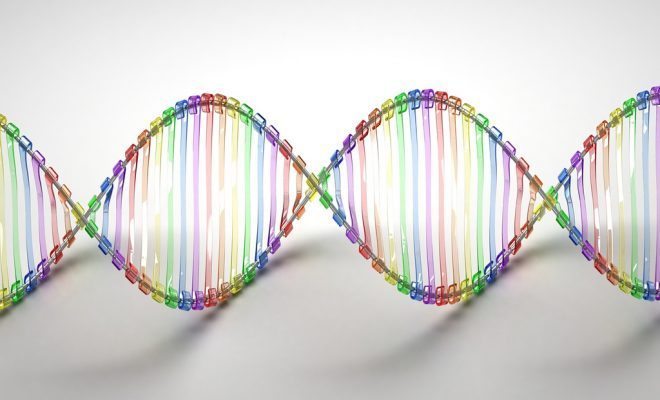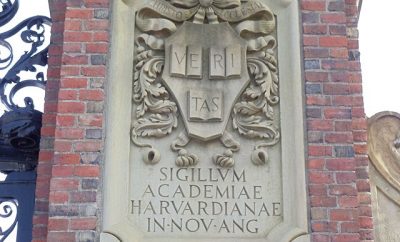 "DNA" Courtesy of [Caroline Davis2010]
"DNA" Courtesy of [Caroline Davis2010]
Technology
Can A Human Cell Be Built From Scratch?
At a closed-door meeting in May at Harvard Medical School, nearly 150 geneticists, biologists, and other members of the scientific community came together to discuss a top secret project. The topic of the meeting: manufacturing a human genome from scratch, piecing three billion strands of DNA together to form a fully operational cell. In a proposal published in the Science journal on Thursday, the contents of that hushed May meeting are laid bare for everyone in the science community and beyond to praise, prod, and ponder.
In the proposal, the authors praised the success of the Human Genome Project, the controversial but complete sequencing of the human genome that was completed in 2004, and rationalized their newest step–effectively the sequel to a similar project that fabricated a yeast chromosome–as such:
Although sequencing, analyzing, and editing DNA continue to advance at breakneck pace, the capability to construct DNA sequences in cells is mostly limited to a small number of short segments, restricting the ability to manipulate and understand biological systems.
The project, they added, would “push current conceptual and technical limits by orders of magnitude and deliver important scientific advances.”
All of this could be accomplished at a relatively cheap price. HGP-write, as the project has been designated, would be paid for by existing government funds with an estimated $100 million. As more of the scientific world rallies around the project, detractors are being slowly cajoled into supporting it. Jef Boeke, an NYU geneticist, told Science that he is a “conservative guy,” so he was reluctant to cosign the ambitious venture at first. But when reputed scientists from across the field hopped on board, he “became more and more convinced that this really was a good focus.”
Manipulating and unraveling the secrets of the cellular makeup of human beings has, since the concept crept from science fiction to science reality, been rife with moral dilemmas: should humans tinker with life’s essential building blocks, even if the technology existed to do so? Is it worth knowing the story of your DNA, regardless of its contents? So of course, HGP-write has its doubters.
“I think developing the tools to make large genetic sequences is an important human goal. Creating an entirely new [human] genomes—that’s a different kind of a project,” said Laurie Zoloth, a bioethicist at Northwestern University. The potential benefits are “not an adequate reason to take such an enormous moral step,” she added.
HGP-write’s 25 backers hope to begin work on the project later this year.








Comments